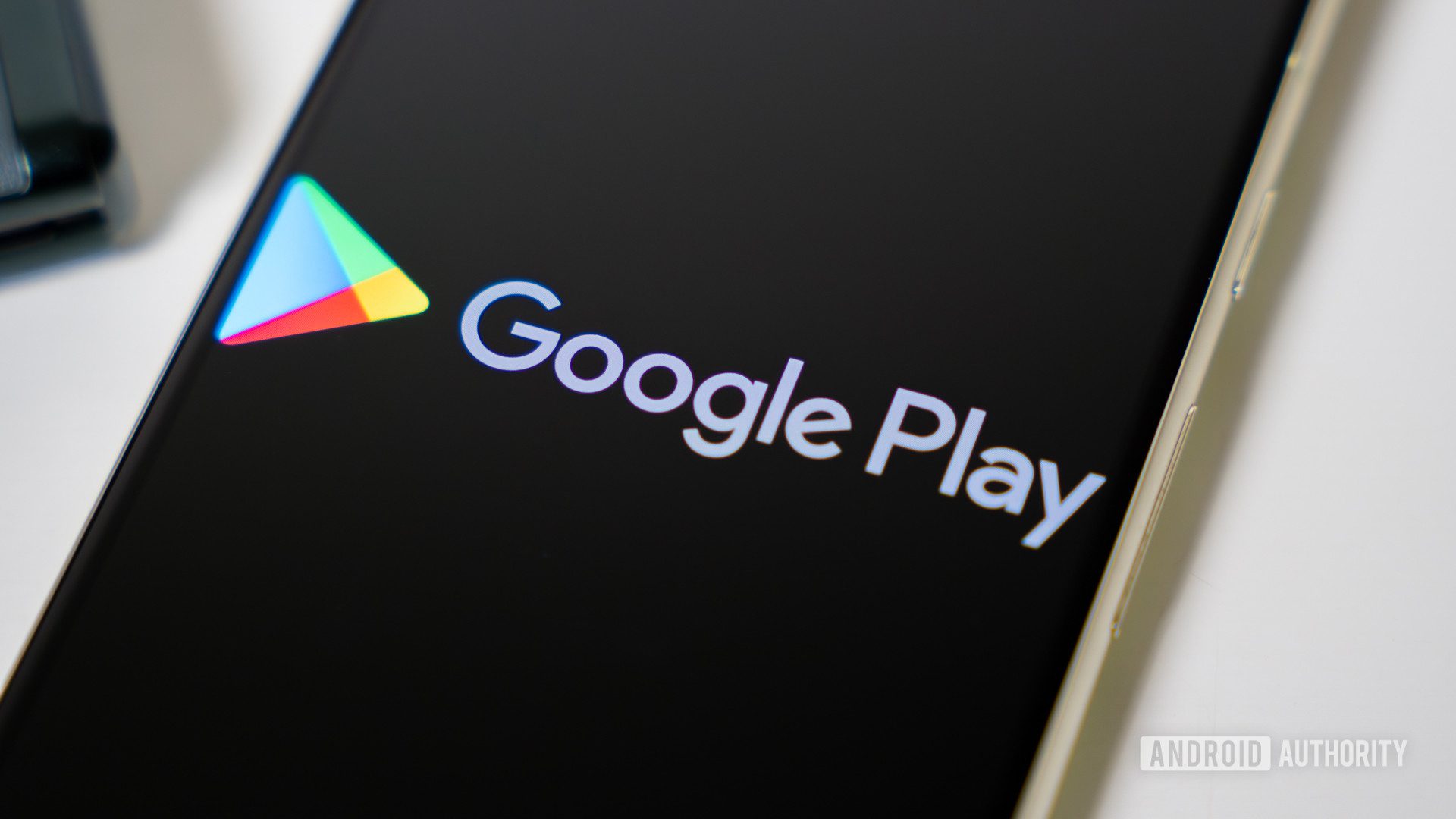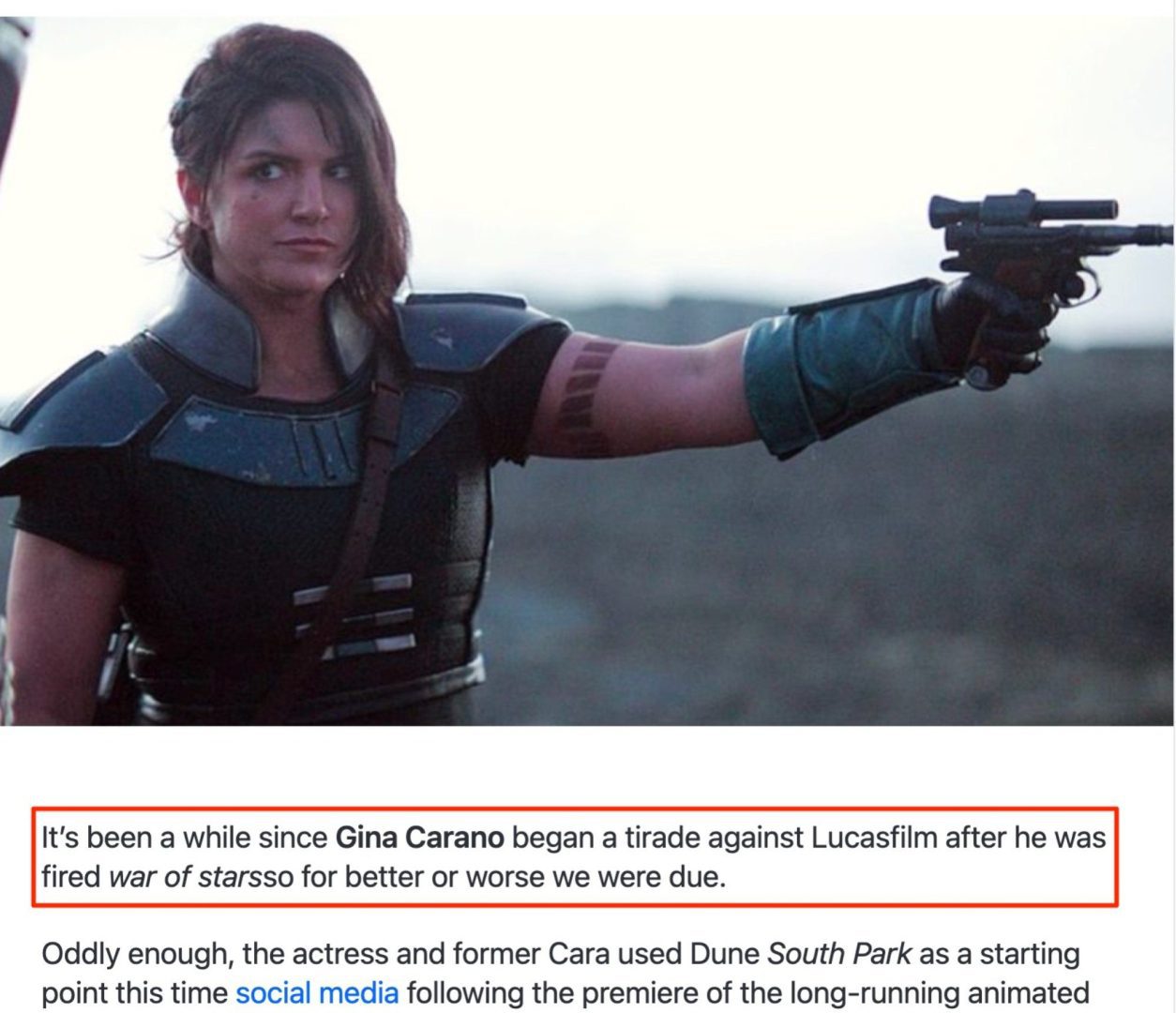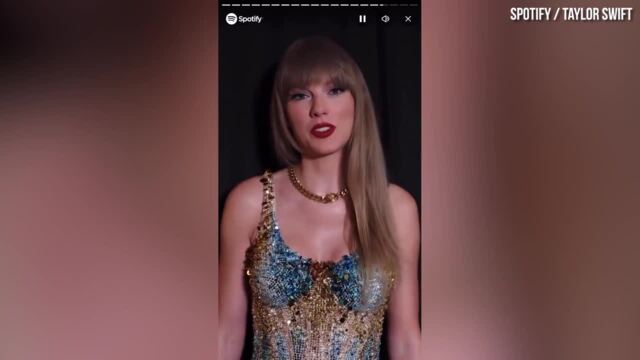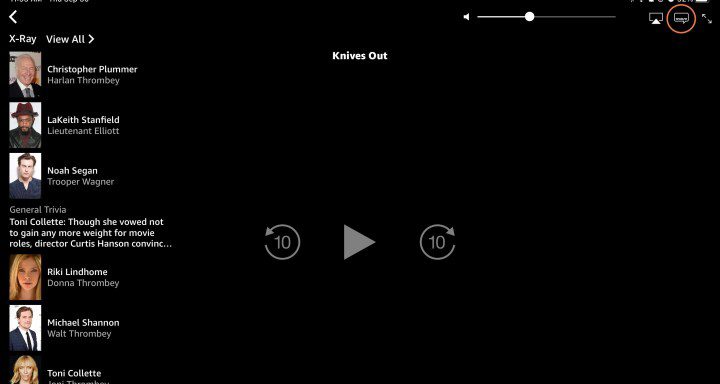Study: 80% of influencers do not disclose paid content
Edgar Cervantes / Android Authority TL;DR A new EU report suggests that 80% of influencers fail to disclose whenever they post sponsored content, or “sponcon.” The report looked at 576 influencers and found that 97% of them posted sponcon, but only 20% reliably reported it as advertising. Additionally, 119 influencers in the study promoted unhealthy […]

Edgar Cervantes / Android Authority
TL;DR
- A new EU report suggests that 80% of influencers fail to disclose whenever they post sponsored content, or “sponcon.”
- The report looked at 576 influencers and found that 97% of them posted sponcon, but only 20% reliably reported it as advertising.
- Additionally, 119 influencers in the study promoted unhealthy or dangerous activities.
Sometimes we assume something is true based simply on existing in the world, but it always helps to do a formal study to prove our assumptions. For example, everyone reading this probably assumes that influencers on social media and YouTube lie a lot about the purpose of some content they create, but now there is an official report to prove it.
By technology/most-influencers-fail-admit-advertising-eu-study-shows-2024-02-14/” target=”_blank”>Reuters, a study conducted in the EU suggests that four out of five influencers do not disclose sponsored content, commonly known as “sponcon”. In the EU (and US), it is illegal to accept money to create content without disclosing it in the form of advertising. The study looked at 576 influencers and found that almost all (97%) posted sponcon, but 80% did not disclose this content in the form of paid ads.
The study did not reveal the identities of the influencers. However, the European Commission confirmed it would further investigate 358 of them and issue citations if necessary.
To make matters even worse, the study found that 119 of the influencers also promoted unhealthy or dangerous activities. These included alcohol consumption, medical treatments and shaky financial advice.
“Problematic marketing practices illustrate the importance of having modern and robust legislation adequate to ensure digital fairness for consumers online,” the Commission said.
The problem here, of course, is the lack of enforcement. Governments can write all kinds of laws requiring influencers to follow ethical guidelines, but that doesn’t mean anything if there isn’t an effective way to discover and punish those who break the rules. In the meantime, it’s up to consumers to understand that there’s a very, very high probability that the influencer you’re looking at isn’t telling you they’re just a paid spokesperson for a brand.














